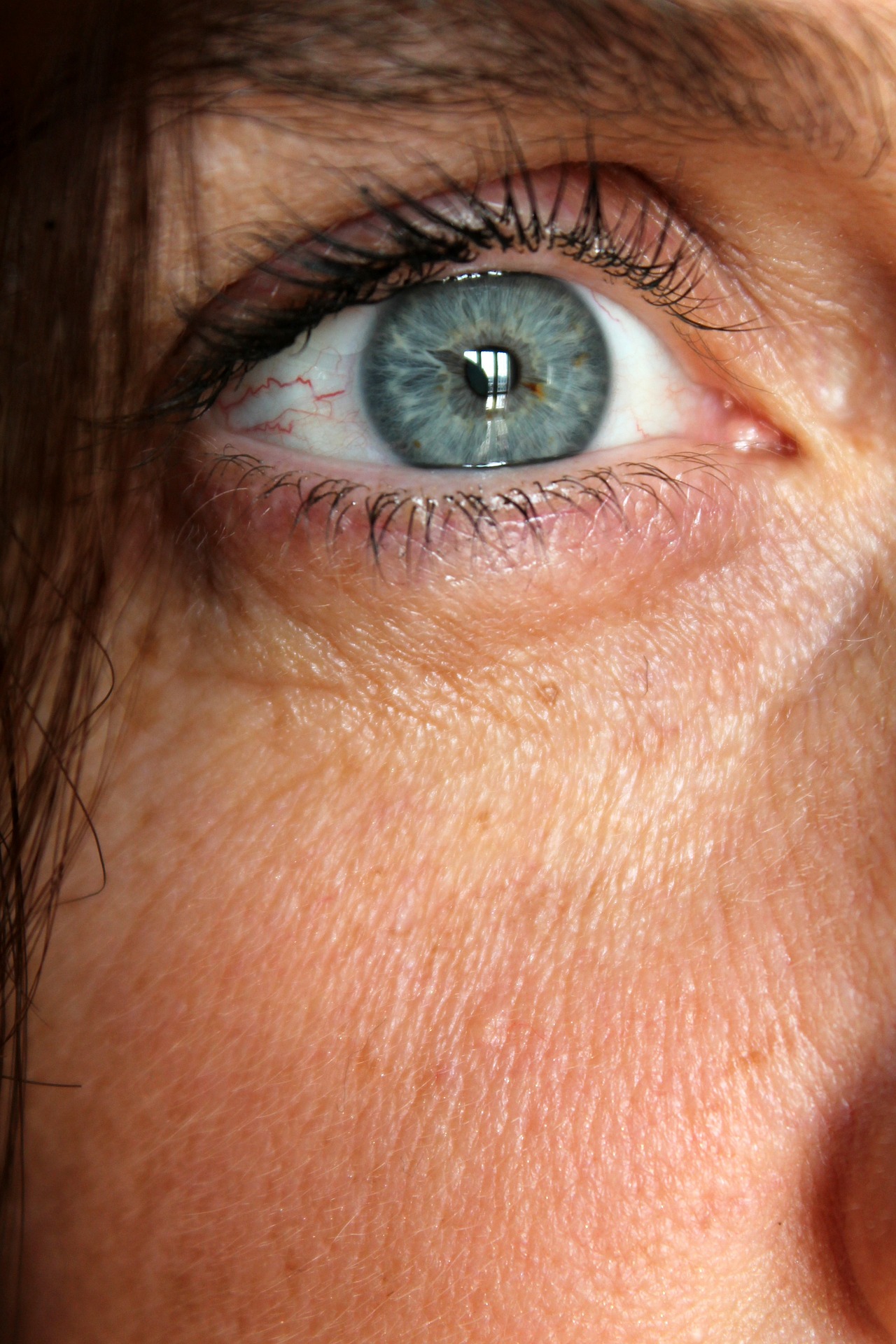When you take more narcotics than your body can process, you will experience a potentially-fatal overdose. Signs include dizziness, nausea, trouble breathing, and heart rate changes.
Signs and Symptoms of Narcotics Overdose
According to the Centers for Disease Control, overdose is now considered an epidemic in the United States. People die every day from taking narcotics. Although most people overdose from taking too much of a drug, it is possible to overdose on a single use depending on the type of drug and combination of drugs they took. If you are around drug use on a regular basis, it is important to know the signs and symptoms of a narcotics overdose to prevent a potentially lethal reaction.
What are Narcotics?
Narcotics are any mood or mind altering drug that people use for a nonmedical purpose. There are a vast variety of narcotics available on the illegal market today. A few of the most common narcotics are:
In addition to these, there is a vast black market of prescription drugs that dealers sell on the black market that also qualify as narcotics. A few of these are:
People use these drugs both recreationally and to treat conditions such as chronic pain and stress. Unfortunately, most of them carry a very high risk of overdose.
What Increases the Risk of an Overdose?
Although every drug user runs the risk of overdose, some find themselves at a higher risk than others. These individuals meet certain criteria. This is normally through no fault of their own. With the exception of a small percentage of people who intentionally overdose, most people overdose completely by accident. They do not realize that their behaviors put them at risk. Some of the risks that they unintentionally take are:
- Taking more than prescribed – over time people develop a tolerance to most drugs. This tolerance prompts them to take more than the prescribed amount of the drug. Whenever you take more than the prescribed amount of a drug you run the risk of overdose.
- Taking high dose opioids or other high dose medications – high dose drugs cause accidental overdose. In addition, people who are on high dose drugs are more likely to overdose.
- Taking long acting or time release medications – medications that are time release often take longer to provide relief than medications that are not. This prompts some individuals to take more or take something along with their normal medication. Time release tablets release slowly allowing the drug to build up in the system. Although the effect is not immediate, the same amount of the drug winds up in the bloodstream. When it reaches its full potential, it can cause an overdose.
- Mixing medications – mixing medications is always a bad idea. People who mix medications such as benzodiazepines and opiates are at risk of overdose. Mixing legal or illegal narcotics and alcohol is extremely dangerous. Many people do not realize how dangerous it is. Most of the recorded overdoses are due to mixing these two substances.
- Using a drug to get high – people who use these drugs recreationally are more likely to overdose on them due to tolerance.
- Using the drug to self medicate – some people who cannot otherwise get treatment self medicate. They might take drugs to cover emotions, treat an underlying mental illness, or you are dual diagnosis.
Although mostly undocumented, there is another population that runs a high risk for overdose. Within the last few years anti drug legislation has made it difficult to obtain medications to treat ADHD, chronic pain, and anxiety. When someone is suffering from one of these conditions, they will turn to the black market in order to find relief. Those that do are at a greater risk of overdose because the use is unregulated.
What are the Signs of a Narcotics Overdose?
If someone is overdosing, it is important to act quickly and recognizing the signs of overdose is extremely important. Although the signs differ depending on the drug, they do have a few signs in common. These signs are:
- Rapid or slowed heart rate
- Unconsciousness
- Not waking up
- Gasping or difficulty breathing
- Vomiting particularly while sleeping
- Inability to stay awake
- Moving slowly in a disjointed way
- Severe confusion
- Anxiety
- Seizures
- Extreme aggression
- Disorientation
Sometimes it is difficult to tell if someone is overdosing. These symptoms are often a sign of drug use as well as overdose. During an overdose, most of these symptoms are exaggerated and extreme.
What You Can do in the Event of an Overdose
If you think someone is overdosing, it is important to get help immediately. Call emergency medical personnel or poison control for instructions. Try to determine what medication or drug the person took. Emergency workers will ask you what condition the person is in. Determine if they are breathing or conscious. In an overdose situation, getting help is the best way to prevent death. Emergency crews and emergency room medical personnel have medications and supplies that can help if not reverse an overdose.
According to the National Institute on Drug Abuse, in 2009 there were approximately 4.6 million drug related emergency room visit. Most of these were due to overdose or suspected overdose. This number has been rapidly increasing. Recognizing the signs and symptoms of overdose as well as the actions and conditions that cause overdose can mean the difference between life and death.
Call 800-934-1582(Sponsored) toll free anytime for help finding treatment for a narcotics addiction.
the Take-Away


